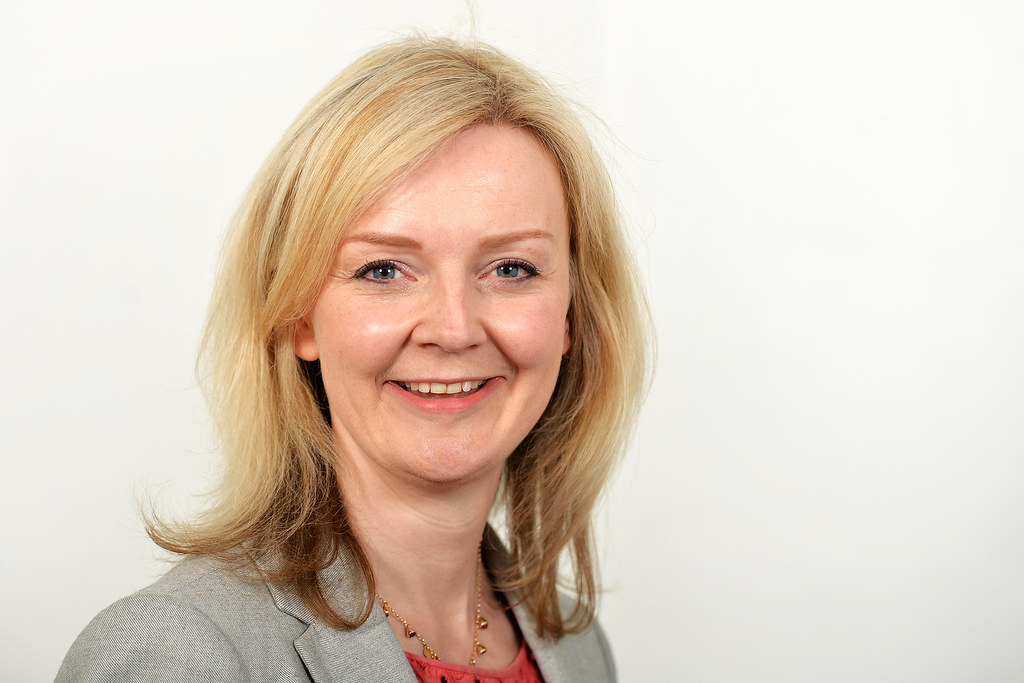LONDON, (Parliament Politics Magazine) – According to Liz Truss, the west has frozen more than $350 billion (£266 billion) of Russia’s $604 billion in foreign currency reserves.
On the second day of her visit to Warsaw, Britain’s foreign secretary stated that 60 percent of Moscow’s reserves were now inaccessible to it, slightly more than previous estimates. It comes after the US Treasury took steps on Monday to make it more difficult for Russia to repay its dollar-denominated debt.
But, speaking alongside Poland’s foreign minister, Zbigniew Rau, Truss said the west needed to move further and faster to harm Russia’s economy, saying, “The only way to stop this war is for Vladimir Putin to lose in Ukraine.”
Despite the fact that Russian troops were defeated in their initial attack on Kyiv, their goal and ambition had not changed, she said. They were watching Putin’s soldiers turn their attention to Ukraine’s east and south, with the same callous disregard for civilian life and national identity.
Truss met Polish Prime Minister Mateusz Morawiecki on her two-day visit to Poland, which is the UK’s closest European partner in the fight with Ukraine. On Monday, he criticised French President Emmanuel Macron for meeting with Putin, claiming that no one ever met with Hitler. Truss is gradually raising the bar for the relaxation of western sanctions against Russia, which Poland applauds.
Following allegations of Russian war crimes, the UK has joined Ukraine and Poland in pressuring the G7 – which also includes France, Germany and Italy – to set clear timeframes for reducing their reliance on oil, gas, and coal.
The EU is believed to be willing to take action on coal and oil, but not on gas, because the infrastructure to stop reliance on Russian gas imports is lacking.
OECD Europe received one-third of Russia’s coal exports. In 2021, Germany, the Netherlands, Turkey, and Poland received a combined 24 percent of Russia’s coal exports. According to the pressure group Europe Beyond Coal, the EU has spent €710 million (£592 million) on Russian coal, €9.6 billion on Russian gas, and €8.8 billion on Russian oil since February.
Coordinated sanctions, according to Truss, were driving the economy of Russia back into the Soviet era and were punishing those who fund and feed Putin’s war machine.
But, speaking ahead of a summit of EU, G7, and Nato foreign ministers this week in Brussels, she said the west needed to take four more measures. These included a restriction on Russian ships entering ports, a crackdown on Russian banks, “[going] after industries that are fuelling Putin’s war machine, including gold, and a defined timeline for eliminating Russian gas and oil imports.
The United States and the United Kingdom have already prohibited all dealings with the Russian central bank’s gold holdings, which are estimated to be worth $130 billion.
Truss’ claim that 60 percent of Russia’s central bank reserves were out of reach demonstrates both the achievements and limitations of the west’s sanctions policy. On one level, the west can claim development. For example, Russia’s central bank stated the previous week that its gold reserves and foreign currency had decreased by $38.8 billion since February, when the war began, to $604.4 billion as of March 25.
On this logic, Russia would exhaust its remaining foreign currency reserves in less than a year. In fact, however, Russia is generating foreign currency to protect the ruble by funnelling funds earned by European purchases of Russian gas through Gazprombank.
Japan, the United Kingdom, Germany, France and the United States all froze Russian assets at the start of the crisis, making it hard for Russia to liquidate the reserves for rubles. Russia, on the other hand, moved to safeguard itself by increasing its foreign currency reserves and gold holdings, which increased from $368 billion to more than $630 billion in just seven years.






